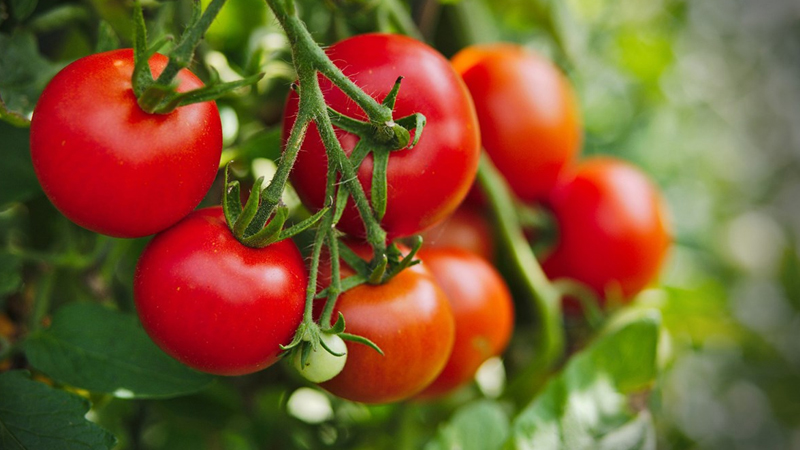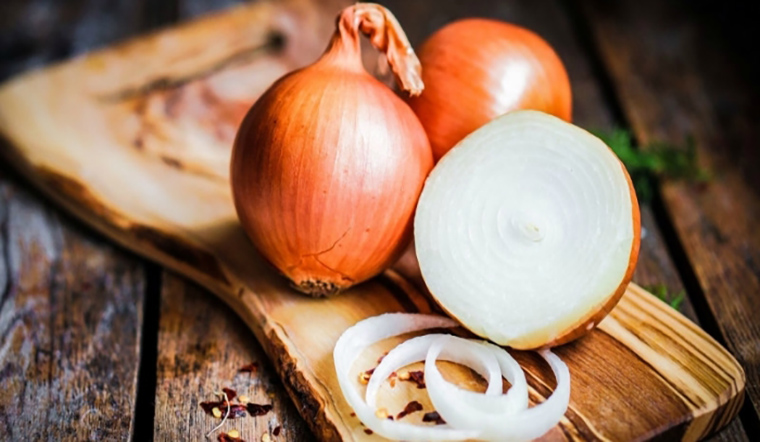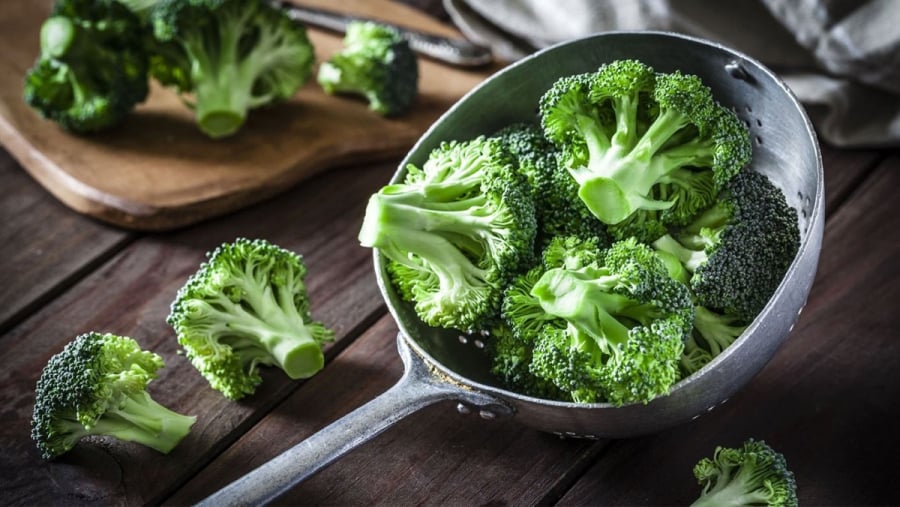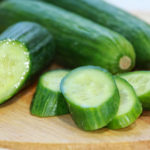Tomatoes
Tomatoes have long been known as a healthy food, including the leaves. Tomatoes contain flavonoids that not only reduce the permeability of capillaries but also prevent cancer, cardiovascular diseases, and diabetes. In addition, tomatoes are rich in vitamin C, which improves liver function, enhances vision, and is a great detoxifier for the liver.
A study by Tufts University (USA) on mice showed that lycopene in tomatoes can significantly reduce the risk of fatty liver, liver inflammation, and even liver cancer.
Scientists injected mice with a carcinogen and fed them a high-fat, unhealthy diet, including feeding them tomato powder containing lycopene. This substance has antioxidant and anti-inflammatory effects, so the mice that ate it were less likely to have liver disease. The same is true for humans.
Other studies in the US and UK have also shown that the compounds in tomatoes can prevent and reduce liver congestion. Therefore, tomatoes help prevent liver fibrosis. The chemical components in tomato juice are a natural remedy for dissolving gallstones, a fairly common disease today.
But you need to choose tomatoes carefully to avoid side effects. Only eat fully ripe tomatoes without mold, bruising, or black spots. Avoid eating tomatoes on an empty stomach. Try to choose fresh tomatoes with as little pesticide residue as possible.

Onions
Onions are known for their ability to protect blood vessels and prevent cardiovascular diseases. Onions are rich in antioxidants, anti-inflammatory compounds, and help reduce triglycerides and cholesterol levels. But these compounds also help enhance liver function, detoxify, and reduce fatty liver.
A 2020 study published in the journal Nutrients (USA) examined whether eating onions regularly can improve liver function. The results showed that onions do indeed help prevent liver diseases, especially non-alcoholic fatty liver disease.
Onions contain a flavonoid called quercetin. They are powerful antioxidants that help fight free radicals. Quercetin also has anti-inflammatory effects to reduce inflammation in the body, a cause of obesity, weight gain, and other related diseases.

Broccoli
Broccoli is rich in fiber, vitamins (especially vitamin C), antioxidants, Sulforaphane (known for its cancer-fighting properties), magnesium, and calcium. It not only boosts the immune system but also contributes to good digestion and helps prevent liver diseases.
The anti-cancer activity in broccoli comes from Sulforaphane and its antioxidant properties, which have been proven to reduce excess fat and promote the excretion of fatty acids. This can improve non-alcoholic fatty liver disease (NAFLD) and limit the risk of liver fibrosis and liver cancer. This study was conducted by a team led by Professor Elizabeth Jeffery of the University of Illinois (USA).

Beets
Although commonly used in cuisine and beauty, few people know that beets are good for the liver. Studies in the US, Germany, and China have shown that beet juice can protect the liver against certain cancer-causing substances and support liver function recovery.
A study by Northumbria University (UK) showed that beet juice and beetroot are healthy drinks that help prevent diseases and are good for the liver. They contain antioxidants, anti-inflammatory compounds, especially betaine.
Betaine in beets is an amino acid that can prevent and reduce fat accumulation in the liver, improve liver function, and slightly reduce cholesterol. It even has a significant effect in anti-inflammatory and preventing the formation of cancer cells. White beets or yellow beets also contain these compounds, but in very low amounts compared to beets.
Dangers of Microwaving Certain Foods
Many of us rely on microwaves to quickly prepare meals or snacks, but caution must be taken as some foods can be dangerous to health when heated in this appliance. Breast milk, broccoli, defrosted fruit, and other items should not be placed in microwaves, so it’s important to educate oneself on which foods are safe for use in this appliance.





































